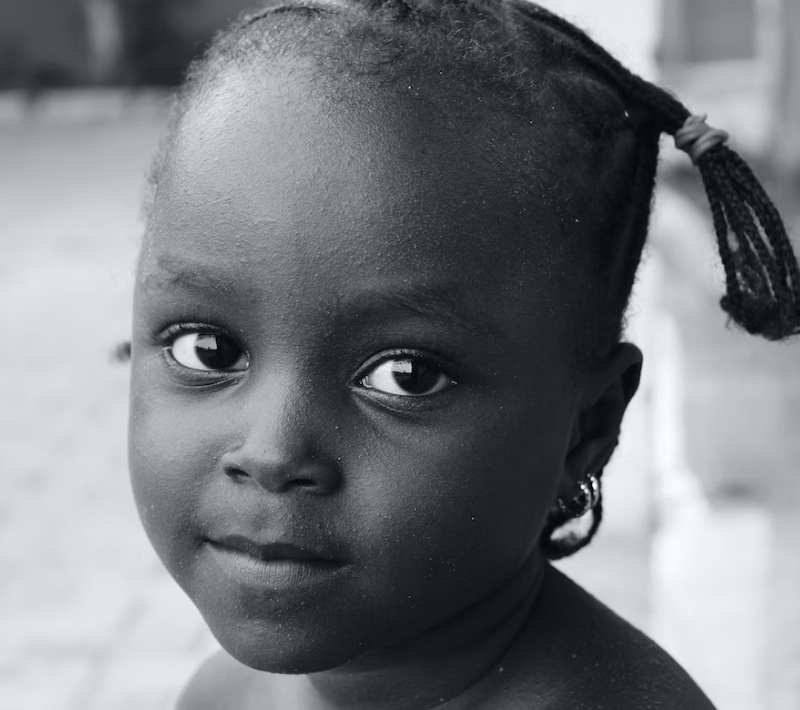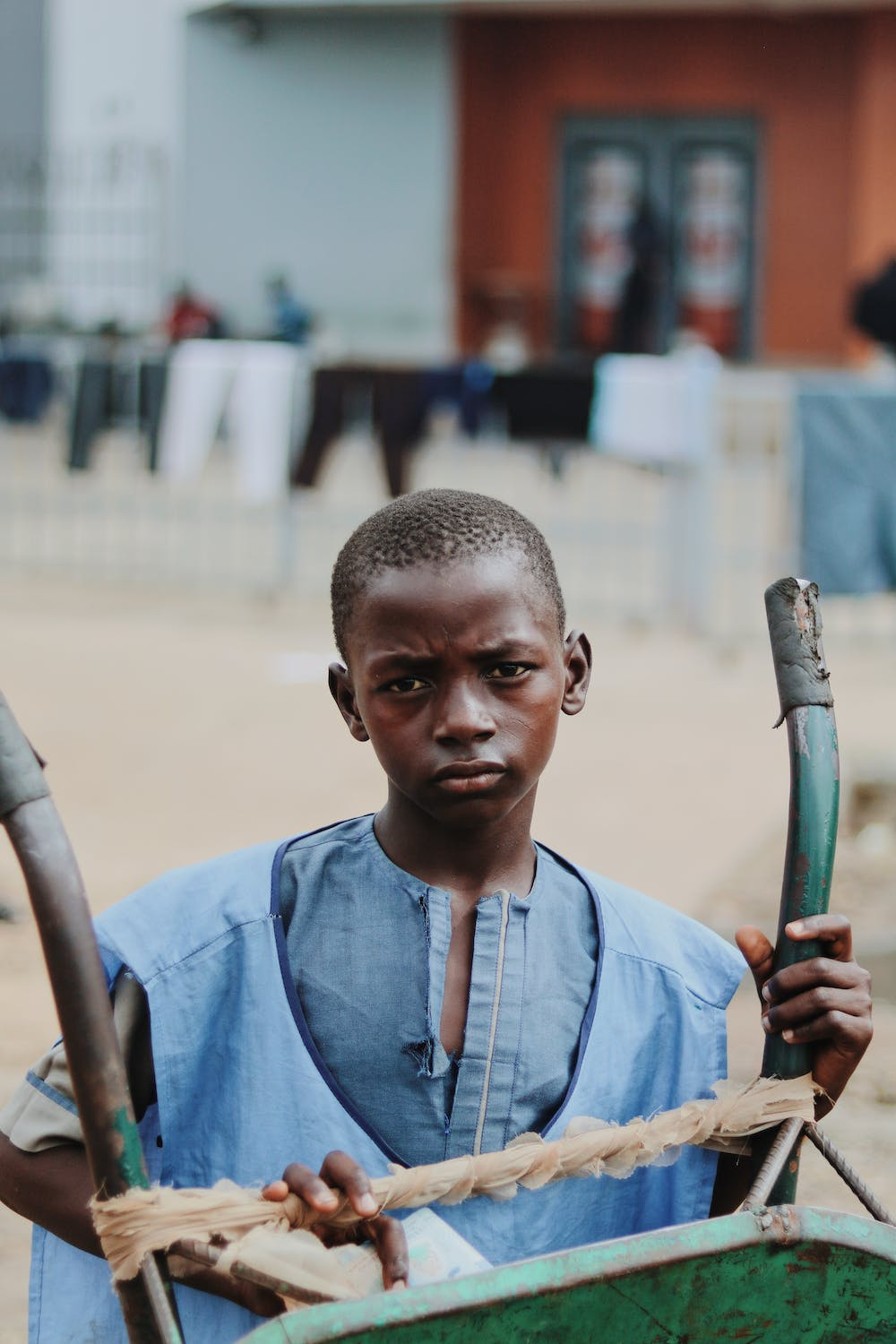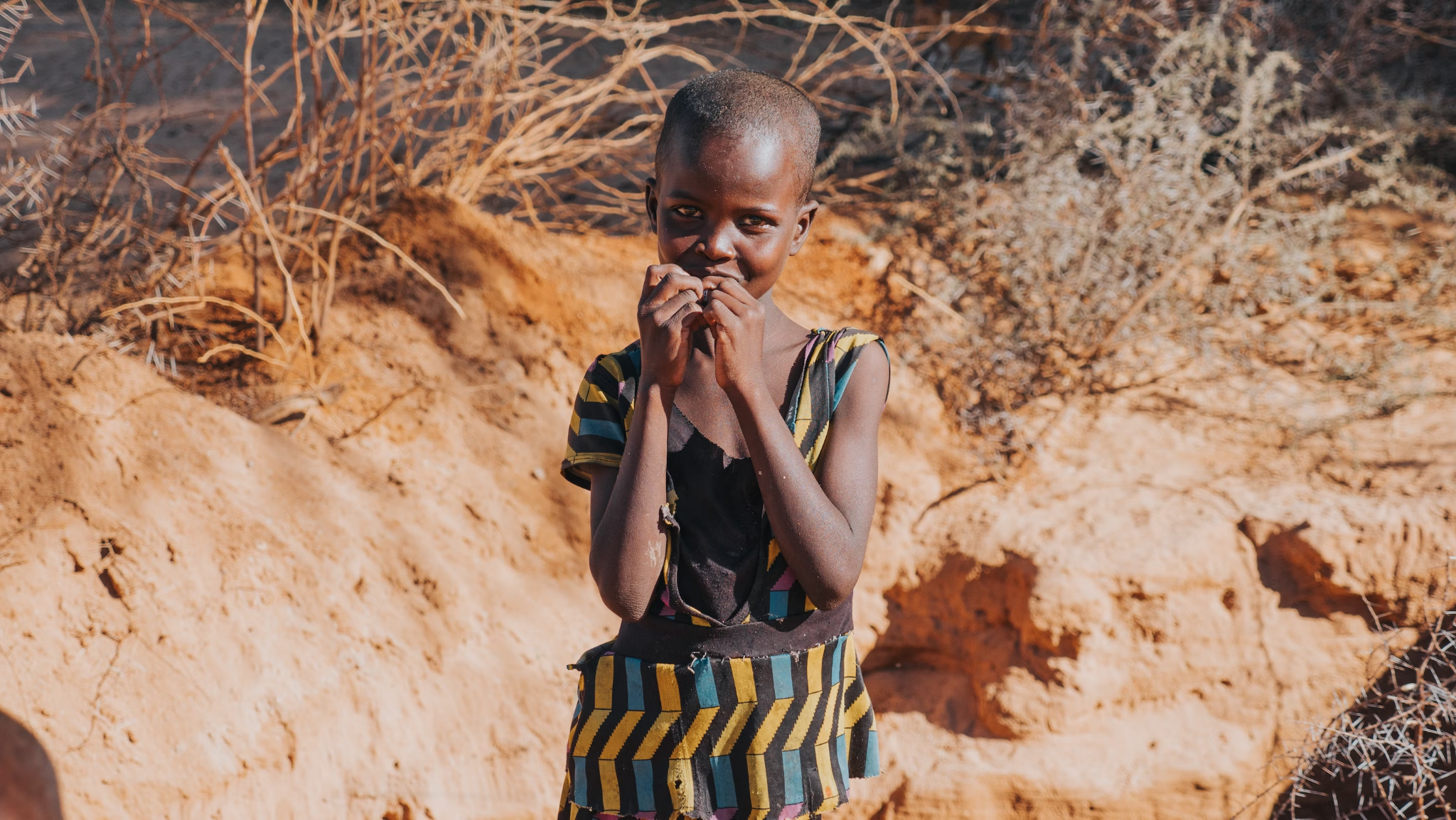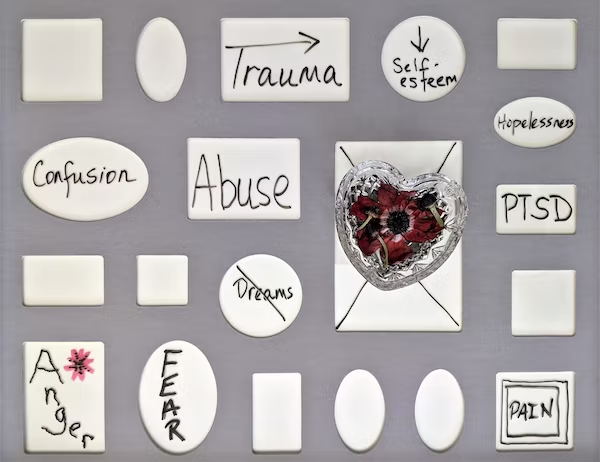The Plague Of Abuse On The Nigerian Child

Almost every day when you listen to the radio, read the newspapers or scroll through your social media feed, you are likely to encounter at least one story of child abuse in Nigeria. Whether it’s domestic abuse, sexual abuse, exploitative child labor, or abuse in school, the Nigerian child is under constant threat of being abused.
What is it exactly, that makes a person beat a child so badly until the child has belt marks all over? Is it okay to starve a child for days, or sometimes give them food meant for dogs? Why pour hot water on a child to teach them a lesson, or flog their two eyes repeatedly until they go blind because they were supposedly disobedient?
These and many more are the stories of horror we hear in Nigeria today.
Child Abuse And Child Labour
Child abuse is any form of maltreatment that results in harm or injury to a child. It includes physical, sexual, or emotional abuse, neglect, or exploitation. Unfortunately, child abuse is all too common: as UNICEF estimates, as many as one in four girls worldwide will be abused sexually before they turn 18. And the World Health Organization reports that around 150 million boys and girls under 18 experience physical violence yearly. These numbers worsened during the COVID-19 pandemic, with increased records of domestic violence against women and children.
According to UNICEF, 6 out of 10 children in Nigeria experience some form of abuse. If you’re looking for stories of abuse of Nigerian children, you need not look too far ahead. It is not uncommon to find children in Nigeria hawking goods on the streets, begging for alms, or being used to perpetuate one form of criminal activity or another.
Worse still, you cannot listen to the news these days without hearing at least one case where a man rapes a child or a woman brutalizes an innocent child left in her care. Recently, a Twitter user publicized some private messages where people shared some of their terrible experiences in the hands of their so-called guardians. If these people are speaking up now, we can only imagine how many children never lived to share their stories and how many cases go unreported every day.

Child labor refers to any work done by children under the age of 18 that deprives them of their childhood education and playtime; puts them at risk of physical or psychological harm; or exploits them in any way. Globally around 152 million children are forced into some form of labor – with nearly half working in the agricultural sector alone. While in Nigeria, about 15 million children are victims of child labor.
Many of these jobs are considered hazardous with some involving the use of large machinery, exposure to harmful chemicals, and long hours in extreme weather conditions. For children under 14, the majority are found doing domestic work, selling wares on the street, or being recruited into criminal gangs. The Child’s Rights Act and some of the laws protecting children in Nigeria are beautifully worded, but without proper execution, these well-worded statutes do little to help the situation.
Child’s Rights Act
This Act was promulgated in 2003 to ratify UNICEF’s Convention on the Rights of the Child of 1991. It is one of the foremost pieces of legislation that identifies the rights of a child in Nigeria. Under this Act, a child is entitled to education, good living conditions, primary healthcare, and an environment free from child abuse.
The National Human Rights Commission enforces the provisions of the Act, along with many other agencies such as the children’s department of the Ministry of Women Affairs, the Child’s Rights Advocacy Group of Nigeria, and so on. These agencies have made several efforts to curb the menace of child abuse and child labor in Nigeria, but there is only so much they can do.
Unfortunately, only twenty-five out of the thirty-six states have domesticated the Act, while others continue to kick against it, especially in Northern Nigeria. Even in states where the Act is enforceable, implementing its provisions remains a struggle.
Some reasons for this include;
1. Conflicting Definitions Of A Child
The Child Rights Act defines a child as any person below 18 years, whereas similar provisions like the Children and Young Persons Law in some states define a child as a person under 14 years. In many communities, including Northern Nigeria, a girl is considered ripe for marriage when she begins to experience puberty, hence incidences of girls being married off as young as 10 to 12 years old. This practice conflicts with the provision of the Child Rights Act.
2. Child Betrothal And Child Marriage
Child betrothal is a prevalent cultural practice in many parts of Nigeria, including the north. Although this practice has dwindled due to western education, it still subsists in northern communities. This practice violates the Childs Rights Act under which a person found guilty of this act will face up to 5 years of imprisonment, a fine of N500,000, or both. Section 23
3. Right To Education
In the north, the Almajiri system is still prevalent, although this practice experienced a decline during the Covid19 pandemic. Under this practice, a parent sends their child to a faraway place to acquire Islamic education under a religious leader. Many of these children end up on the streets begging for alms. Some serve as available recruits for terrorist organizations like Boko Haram and ISWAP, while others suffer forms of abuse, including physical and sexual abuse.
Besides, this practice is a form of parental neglect, and conflicts with the provisions of the Child Rights Act with regards to a right to parental care, protection, and maintenance, the right to free, compulsory, and universal primary education, and the right to freedom of religion, thought, and conscience.
By sending the child to acquire only Islamic education, this practice robs the child of the ability to reason like his contemporaries who receive a general primary education across diverse relevant subjects. Secondly, the idea that a child has a right to choose a religion is strange to many, especially when they see Islamic education as a better alternative to western education.
4. Religious And Cultural Barriers
Even in states where the Child Right Act is enforceable, several traditional practices frustrate efforts to implement it. For instance, giving children tattoos and tribal marks is still prevalent in some rural communities. It dwindled due to the effect of western education, but illiterate persons still practice it.
5. Poverty And Illiteracy

One major factor that drives child labor in Nigeria is poverty. Many children are forced into child labor to support their families financially, which puts them at risk of being taken advantage of. Criminal groups manipulate them into doing their bidding, and many of these children end up being abused sexually by perverse men and women.
Moreover, these children are heavily underpaid for their labor, especially when they work as nannies or maids. They are beaten, starved, and dehumanized, with virtually no pay and very little food. In 2019, a video emerged on social media showing a woman who locked a 10-year-old boy in a dog cage. Believe it or not, these stories are far more common than they appear to be.
Cases like this are common because many parents live in extreme poverty. In pursuit of a better life for their children, they send them to live with relatives, trusted neighbors, or even religious affiliates. Not all these children make it back home alive. This is the story of little Ochanya, a 13-year-old girl who died from complications of sexual abuse. She was raped repeatedly by her two uncles, for 5 long years, from both her vagina and her anus. At least this story made it to the media, but think about all the other stories that didn’t.
How To Recognize Signs Of Child Abuse

Child abuse and child labor are two of the most severe problems facing children today. Child abuse can take many forms, from physical to sexual to emotional abuse, and can have a devastating impact on a child’s life. Child labor forces children to work in often-dangerous conditions for long hours and little pay.
Both child abuse and child labor are widespread problems that require urgent action. Abused people may become abusers too, so it is a dangerous cycle that we need to end. Remember the case of R Kelly?
Here are a few symptoms of child abuse and how you can help victims.
- Depression, loss of confidence, or anxiety
- Unusual quietness or withdrawal
- Constant nightmares or insomnia
- Self-harm or suicidal tendencies
- Hypersexual or obsession with sexual-related activities
- Aggression, rebellion, or defiance
If you suspect a child is being abused, you must call for help immediately. Please do not turn away or mind your business. Because of their innocence and physical weakness, children are the most vulnerable group in any society. Protecting them is the joint responsibility of every adult.
In many cases, abusers will threaten their victims into silence; but some people can help – including law enforcement officers, social workers, counselors, and medical professionals. Some agencies include:
- Federal Ministry of Women and Social Development
- Lagos State Ministry of Youth and Social Development
- Ministry of Women and Child Development Osun State
- Ceceyara Child Advocacy Center
- Mirabel Center, Lagos State
- FCT Sexual and Gender-Based Violence Response Team
- Agape Sexual Assault Referral Center Akwa Ibom
- Jigawa Sexual Assault Referral Center
- Tamar Sexual Assault Referral Center Enugu
- Yobe Sexual Assault Referral Center
- Salama Sexual Assault Referral Center Kaduna
Conclusion
It is so sad human beings can feel comfortable beating a child almost to death, scalding them with hot water, starving them, blinding them, or scarring them for life, all in the name of discipline. Yet the people who do this are not hidden. They live and work among us. They may be our colleagues, relatives, associates, or friends.
It is up to us to recognize any form of abuse and condemn it in the strongest terms. Report incidences of abuse to the appropriate authorities and seek help for the child. Child abuse and exploitation will never stop until all of us treat it as the poison that it is.
Children represent the future of our society. They deserve better.
Every issue has a legal side to it, whether we realize it or not. My goal is to educate my audience about these legal issues that arise in our societies, especially as a black woman. My Legal articles bring a refreshing, fun, and objective view to trending topics across the globe. In the end, I hope you can learn or unlearn a thing or two wherever the need arises.

